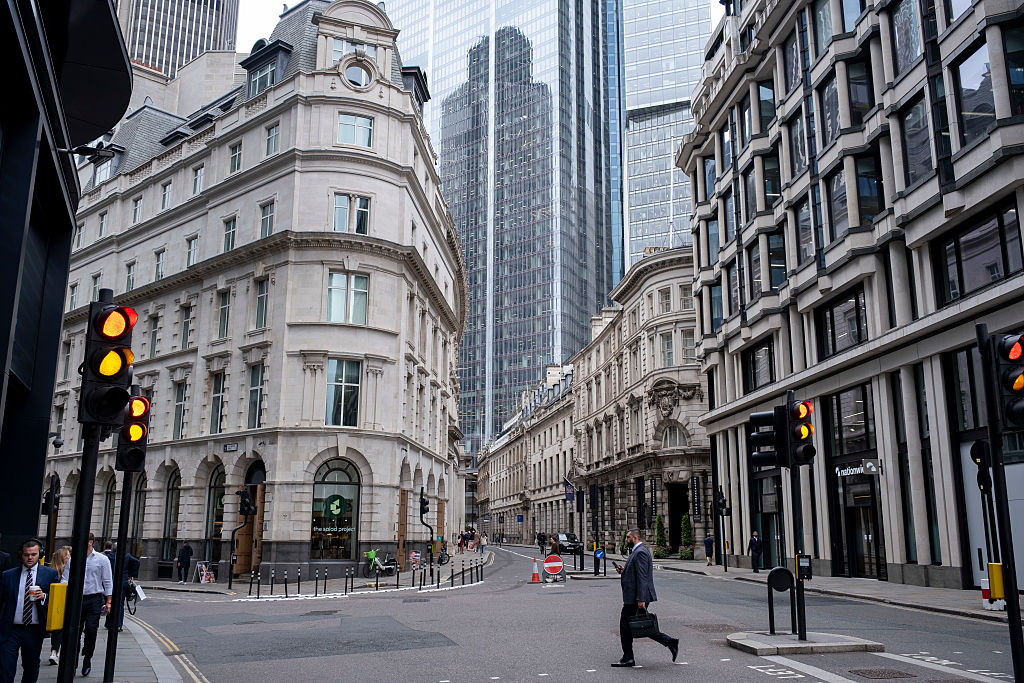Greetings from London. A week of interviews, events, and meetings—both on the record and behind closed-doors—at the city’s Climate Action Week has left me with many reflections, but one stands out: the climate work goes on, but the U.S. is no longer at the center of the universe.
[time-brightcove not-tgx=”true”]
That reality is evident almost just from the scale. The organizers tout 700 events and 45,000 participants spread across the sprawling London metropolis. This was the biggest London climate week yet, and the first time for many (myself included).
But it was also evident in the meat of the conversations. Investors talked about opportunities outside the U.S., particularly in Asia and Europe. Climate focused executives waffled about how much of a presence they wanted to have at this year’s iteration of New York Climate Week, usually an important moment on the climate calendar each September. And British officials emphasized their ability to serve as a global hub for sustainable finance. “As investors look around the world and they look for places to put capital, I think we sit in a very good position because of what’s happening geopolitically,” says Chris Hayward, policy chairman of City of London, the historic center of London, now best known as a financial hub.
Read more: How Soon Should Companies Prepare for a 2°C World?
To get from event to event in London required dashing around the city in the quickest fashion: typically the tube subway system, consistently overheated given the unseasonably hot London temperatures. But the geographic center of the week was undeniably the City of London, the one square mile that hosts the country’s premier banking and financial institutions. There’s a reason for that: organizers in London see an economic opportunity in supporting the energy transition.
And that’s at the core of the global shift visible here in London. The companies that gathered this week have, for the most part, doubled down on efforts to make or save money with climate and sustainability initiatives—whether that’s an industrial company cutting bills with energy efficiency or a financial firm creating new products to allow companies to invest in renewable power.
The reality of this profit-oriented approach means the U.S. will fall behind given the policy uncertainty. The observation was underscored by data released throughout the week. A survey of business executives globally, released by the World Business Council for Sustainable Development (WBCSD) and Bain & Company to coincide with the event, found that large global companies are continuing to invest in green solutions—but are shifting those investments away from the U.S. toward Europe and Asia. Three quarters of surveyed companies said they were increasingly interested in focusing on those regions.
Even still, that’s not to say that climate work in the U.S. is dead. The report from WBCSD found that 50% of companies now have less interest in investing in climate work in the U.S. That’s a striking figure when contrasted with the global picture. At the same time, it means a significant fraction of global companies continue to see potential.
Read more: Brazil’s Finance Chief Sees Climate Change as an Economic Opportunity
In background chats I had, many American business and financial sector leaders were quick to share that they continue to find opportunities to cut emissions in a way that saves them money—though several expressed fear that talking about it publicly could prompt scrutiny from the administration. “Businesses are not giving up on the decarbonization journey,” says Peter Bakker, president and CEO of WBCSD, “depending on where businesses are stationed, they are more or less willing to talk about it.”
And I was surprised by the response to my informal, totally anecdotal poll about this year’s New York Climate Week. In conversations, I asked sustainability executives how they planned to approach the gathering this year. While many said they had considered pulling out, the vast majority said that they have ultimately decided they still plan to show up—perhaps with a smaller footprint than in years past.
The calibration of the message in New York this fall will be interesting, to say the least. In more than a decade on this beat, I have never felt more of a reluctance from business leaders to speak on the record. Many long standing sources preferred to talk without attribution, wary of the political consequences of speaking truthfully even while they eagerly highlighted their work to me.
While that makes it more challenging to clearly tell the full story of what’s happening, I suppose it’s somewhat good news if your biggest concern is whether companies are still focused on capping emissions.
To get this story in your inbox, subscribe to the TIME CO2 Leadership Report newsletter here.

